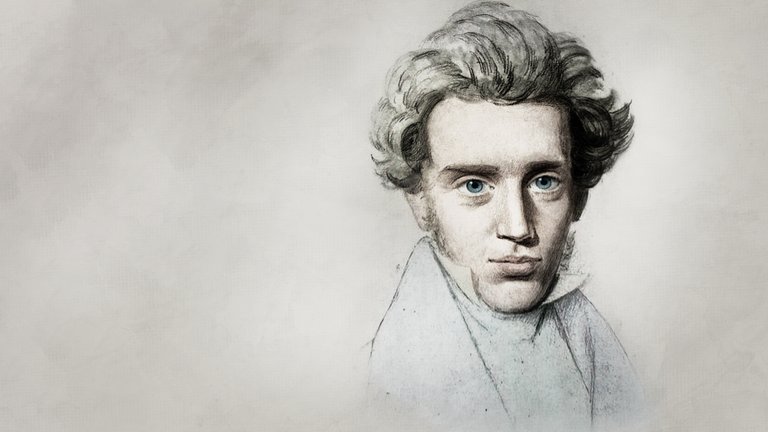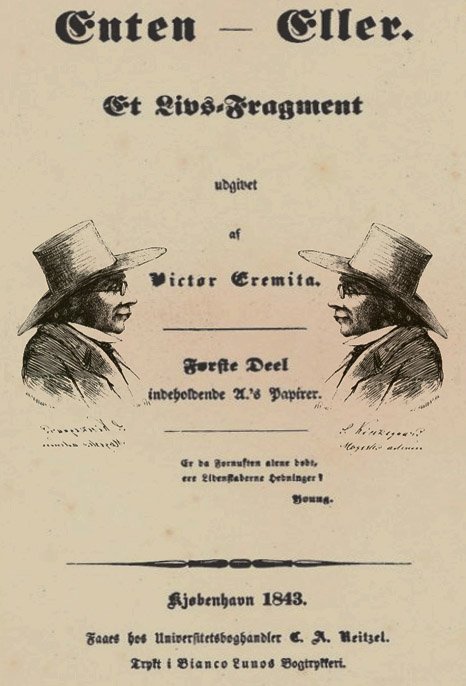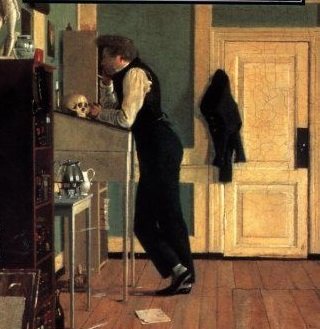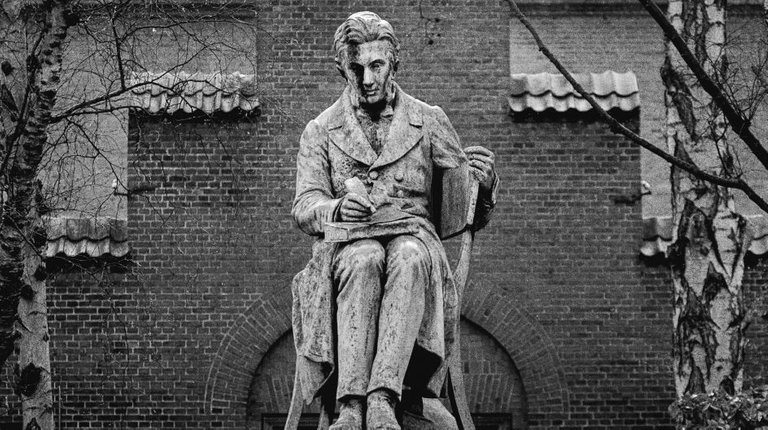February 20 in Christian History
Søren Kierkegaard, was a depressed and anguished realist who lived a solitary life. By the time he was 21, five of his six siblings had died—impressing upon Søren the harsh realities of a cruel world.
Despite being deeply in love with a beautiful and intelligent young woman, he had been struck with the crushing fear that passionate romance could not exist at the same time as domestic family life. Treasuring their love for each other, he had broken off his engagement, spiralling himself into a dark depression.

Two years later, as he sat alone in a Berlin apartment, he had begun pouring his dark thoughts into a work that would come to be called Either/Or—his literary opus that would influence generations of philosophers and become the backbone of the philosophy of existentialism
His book was published on this day, February 20, 1843.

In Either/Or, Søren sought to answer Aristotle’s famous question, “How should we live?” In the two volumes of the book, Either and Or, he explores the two basic philosophies with which one seeks to answer this question. However, the two views are not summarized, but are rather expressed through two fictional voices. The book is not a philosophical treatise, but a work of fiction in which two characters demonstrate their divergent worldviews through their lifestyles.
The Aesthetic way of living is motivated by satisfying the desire for pleasure. This pleasure-seeking could range from admiring fine art to the act of sexual seduction. Conversely, the Ethical way of living demands the individual to make a choice as to what is truly important and is motivated by ethical decisions.

Kierkegaard saw the world as unforgiving and senseless. Humanity was caught in a hopeless cycle in which all decisions were wrought with regret. The confusion of the world could never be understood through science or logic. Instead, one must strike out in emotional and passionate faith. Truth and meaning could only be reached when one was willing to live and die for an idea, it is then that one could become one’s true self. For Kierkegaard, Jesus was the only constant in a swirling and brooding world.
For Kierkegaard, God was not a concept to be proven but a person to be experienced—a faith to be embraced. “If I am capable of grasping God objectively, I do not believe,” he wrote, but precisely because I cannot do this I must believe.”

One cannot read Kierkegaard without thinking of the book of Ecclesiastes, in which Solomon broods over the emptiness and meaninglessness of life. Pursuing different avenues of purpose and philosophy, Solomon ends by concluding that God is the only meaning in a topsy-turvy world.
Verse of the day: Ecclesiastes 12:13
Now all has been heard;
here is the conclusion of the matter:
Fear God and keep his commandments,
for this is the duty of all mankind.